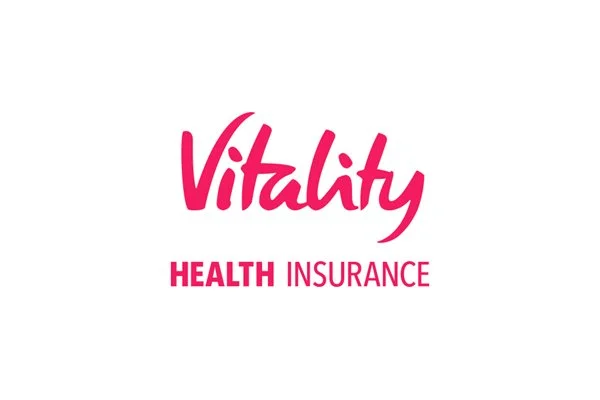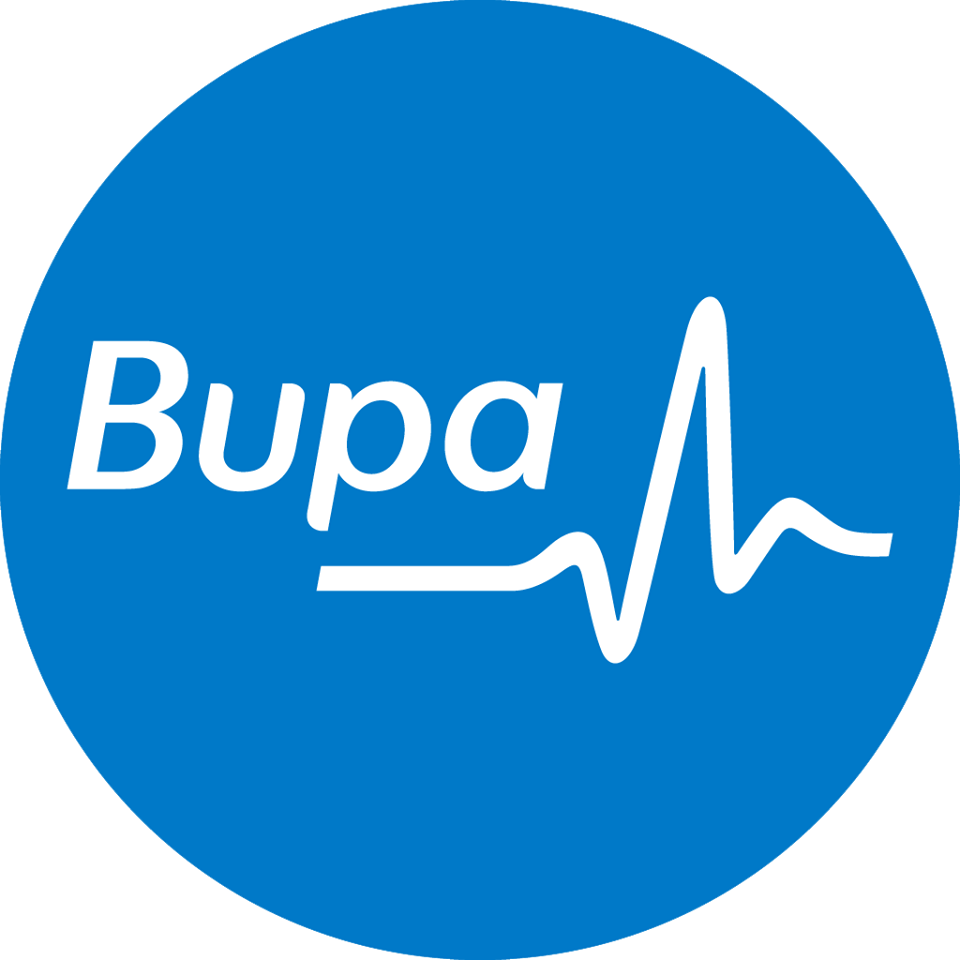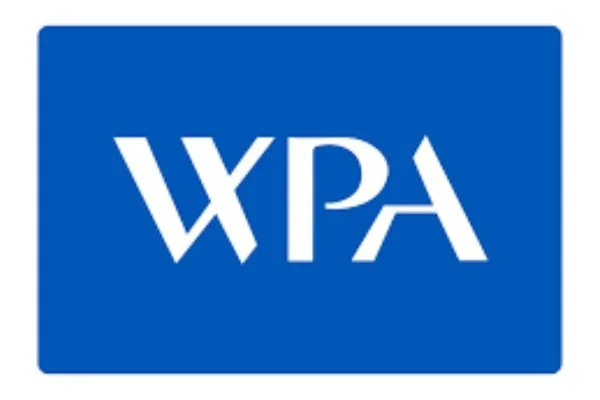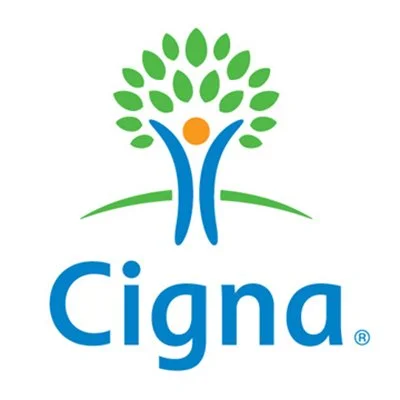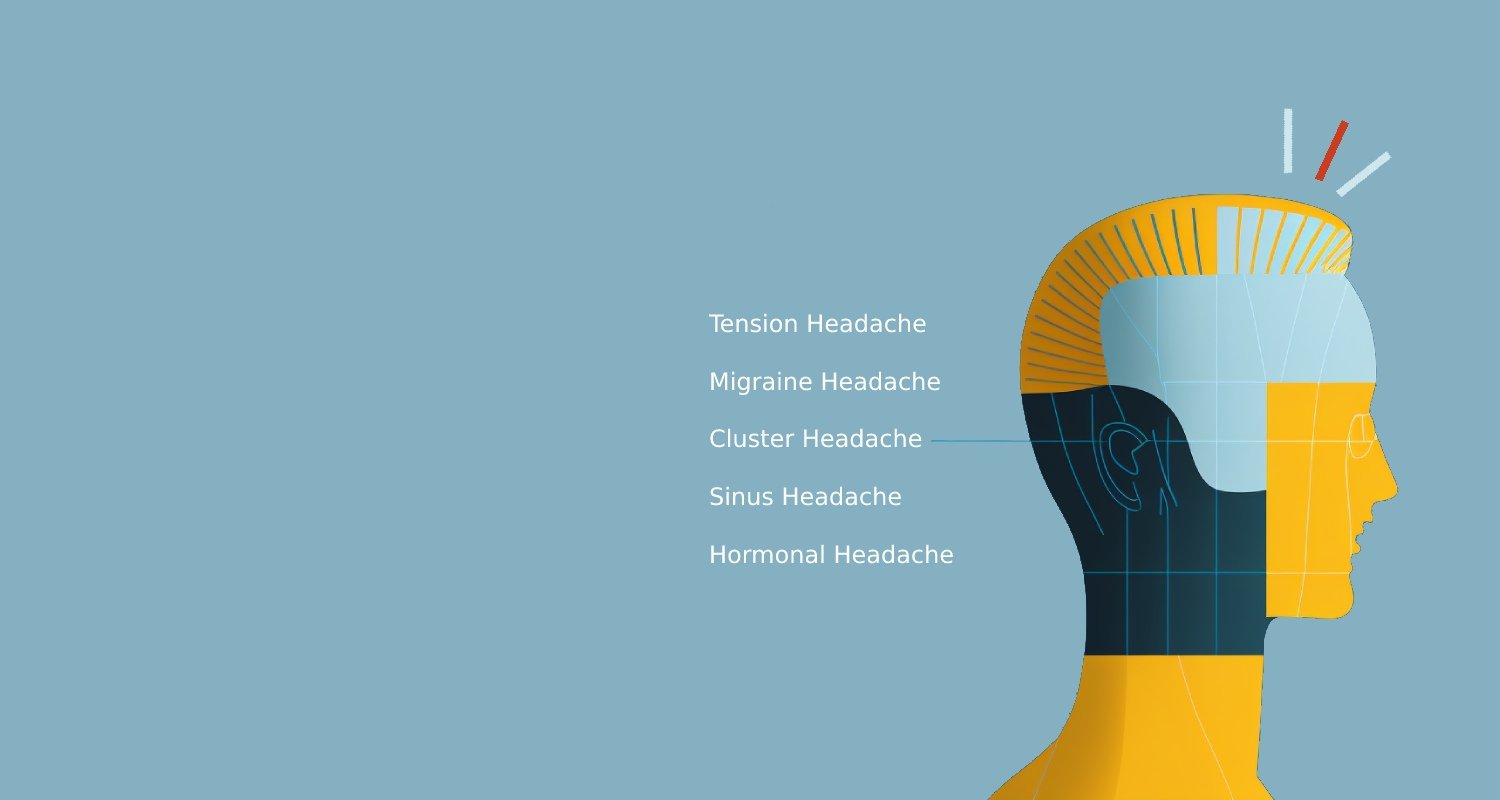
Psychological therapy for headache & migraine
Migraine conditions
-
Cluster headache
-
SUNCT
-
SUNA
-
Trigeminal neuralgia
-
Migraine conditions - Cluster headache - SUNCT - SUNA - Trigeminal neuralgia -
I have previously worked at the The National Hospital Neurology and Neurosurgery in London which is an NHS specialist, national centre for complex headache conditions.
It is an unfortunate reality that specialist psychological support for a headache condition is a extremely sparse in the NHS. This means that people are not getting the support they need for the well known impacts of living with headache.
The NICE (The National Institute for Health and Care Excellence) (2021) guidelines recommend Cognitive Behavioural Therapy or Acceptance and Commitment Therapy for a pain conditions.
“As bright lights can trigger headache symptoms, my Hatfield therapy space has adjustable, dimmable mains lighting so you can be more comfortable.”
Common questions
-
No - living with symptoms without a formal diagnosis can present just as many challenges as those with an established diagnosis. Also, struggling to receive a formal diagnosis can present its own challenges. For example, as many as 25% of people with migraine never get a diagnosis despite many doctor visits.
-
Rather than focusing on removing symptoms, psychological support is often focused on managing the impact of symptoms - a bit like developing a ‘toolkit’ of skills to help you handle your symptoms. The goal of psychology is to help you develop better quality of life alongside your symptoms. Psychological support can supplement any headache medical treatment(s) you may be having.
I can support you in-person or online with:
Coming to terms with a headache diagnosis
Managing symptom flare-ups using non-medical strategies, to support your existing medical treatment
Difficulties with managing daily activities (either doing too much or doing too little) and supporting you to do more of the activities you need to do or enjoy doing, even alongside your symptoms.
Strategies to handle overwhelming emotions such as anger, grief, anxiety, stress and sadness.
Strategies to handle difficult thoughts such as worrying about when the next attack may occur, “why me?” thoughts, or critical thoughts which undermine your ability to be able to cope with your headache symptoms “this is too overwhelming I cannot cope with this”
6. Dealing with the challenges of the ‘invisibility’ of headache
7. Communication and relationships – often clients tell me that interactions with others can add an extra layer of difficulty on to what they are already suffering with. For example, you may feel frustrated or irritated when other people may suggest strategies to help or when people do not understand what a cluster headache is. Also, living with a headache condition can impact our relationships with the people closest to us
8. Strategies to handle ‘brain fog’ symptoms. This tends to include difficulties thinking clearly, reduced memory or attention, feeling as though you have slowed down mentally or forgetting what you were doing in the middle of something

“Living with a headache condition is not just a physical experience but can affect so many other parts of our lives – including brain fog symptoms, mood, relationships, work, and enjoyment from daily activities.”

Fees
£130 per 50 minute appointment.
Self-funding and most major private medical insurers accepted. Fees may be slightly different if your sessions are covered by private medical insurance.
Health Insurance Partners




